As Trump fears fraud, GOP eliminates election commission
WASHINGTON (AP) — A House committee voted on Tuesday to eliminate an independent election commission charged with helping states improve their voting systems as President Donald Trump erroneously claims widespread voter fraud cost him the popular vote.
The party-line vote came less than two days after Trump vowed to set up a White House commission helmed by Vice President Mike Pence to pursue his accusations of election fraud.
“We’re going to look at it very, very carefully,” Trump said of voter fraud in an interview with Fox News that aired Sunday. “It has to do with the registration, and when you look at the registration and you see dead people that have voted.”
Reports that Trump told congressional leaders in a meeting last month that 3 to 5 million ballots were cast illegally during the 2016 race were met with discomfort on Capitol Hill. While top Republicans have refused to disavow his charges of election fraud, they haven’t pushed for action on the issue, which remains a low priority for congressional leadership.
The vote in the House Administration Committee underscored, once again, the political differences between the Republican president and the party’s rank-and-file. The GOP majority on the committee eliminated the Election Assistance Commission, which was created by Congress after the 2000 Florida recount to upgrade voting technology and provide election-related information to federal entities, state officials and election administrators.
Republicans, who lead the effort to terminate the agency, say it’s a prime example of government waste. They’ve been introducing legislation to end the commission for years with little success.
“If we’re looking at reducing the size of government this is a perfect example of something that can be eliminated,” said Rep. Gregg Harper, the committee chairman, after the bill passed on a 6-3 vote. “We don’t need fluff.”
Harper said he hadn’t spoken to Trump about the legislation. “He’s certainly welcome to call me at any time,” he said.
The bill was opposed by committee Democrats and voting rights groups, who argued that the federal agency plays a vital role in protecting elections from hacking and other types of interference.
“At a time when the vast majority of the country’s voting machines are outdated and in need of replacement, and after an election in which foreign criminals already tried to hack state voter registration systems, eliminating the EAC poses a risky and irresponsible threat to our election infrastructure,” said Wendy Weiser, the democracy program director at the Brennan Center for Justice.
Congress allotted nearly $3.3 billion to states and territories to support upgrading voting systems, and much of that money was placed into bank accounts where it gained interest. As of Oct. 2015, the most recent date available, nearly $376 million remained unspent in dozens of states across the country.
As of today, the commission’s independent inspector general has not released audit reports for nine of a total of 55 states and territories, according to the EAC.
“Each day we hear from state and local election officials who need our help to navigate the challenges they face,” said EAC chair Thomas Hicks, in a statement. “We are focused on serving them and the American voters. Congress should remain a trusted partner in that effort.”
The committee also voted to terminate the public financing system, which provides major party presidential nominees a lump sum grant of roughly $94.14 million in the general election. But by accepting the grant, a candidate may not raise any additional funds and is severely limited in how much of his own money he can give or lend to his campaign.
President Barack Obama effectively ended the practice of candidates taking general election public financing in 2008, when he chose not to accept it. His Republican rival John McCain took the grant that year and was swamped by the Obama campaign’s spending. Neither Hillary Clinton nor Trump accepted public financing this year.
Money for the public financing of campaigns is collected through voluntary $3 checkoffs on taxpayers’ returns. The checkoffs do not affect how much money a taxpayer owes.
The legislation would devote $63 million of the available funds to pediatric cancer research. The remainder would be returned to the Treasury for deficit reduction.
It is not clear if the full House will vote on the measures.
___
Associated Press writer Tami Abdollah contributed to this report.


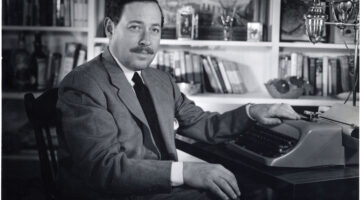

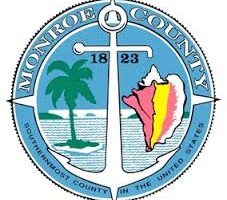
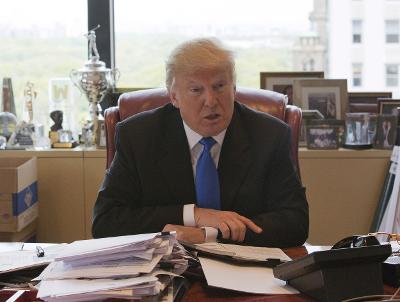
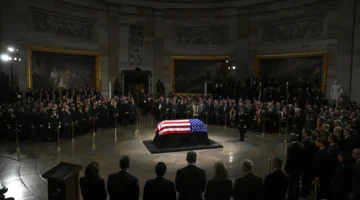
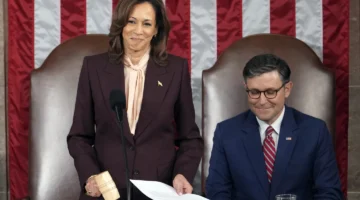
No Comment